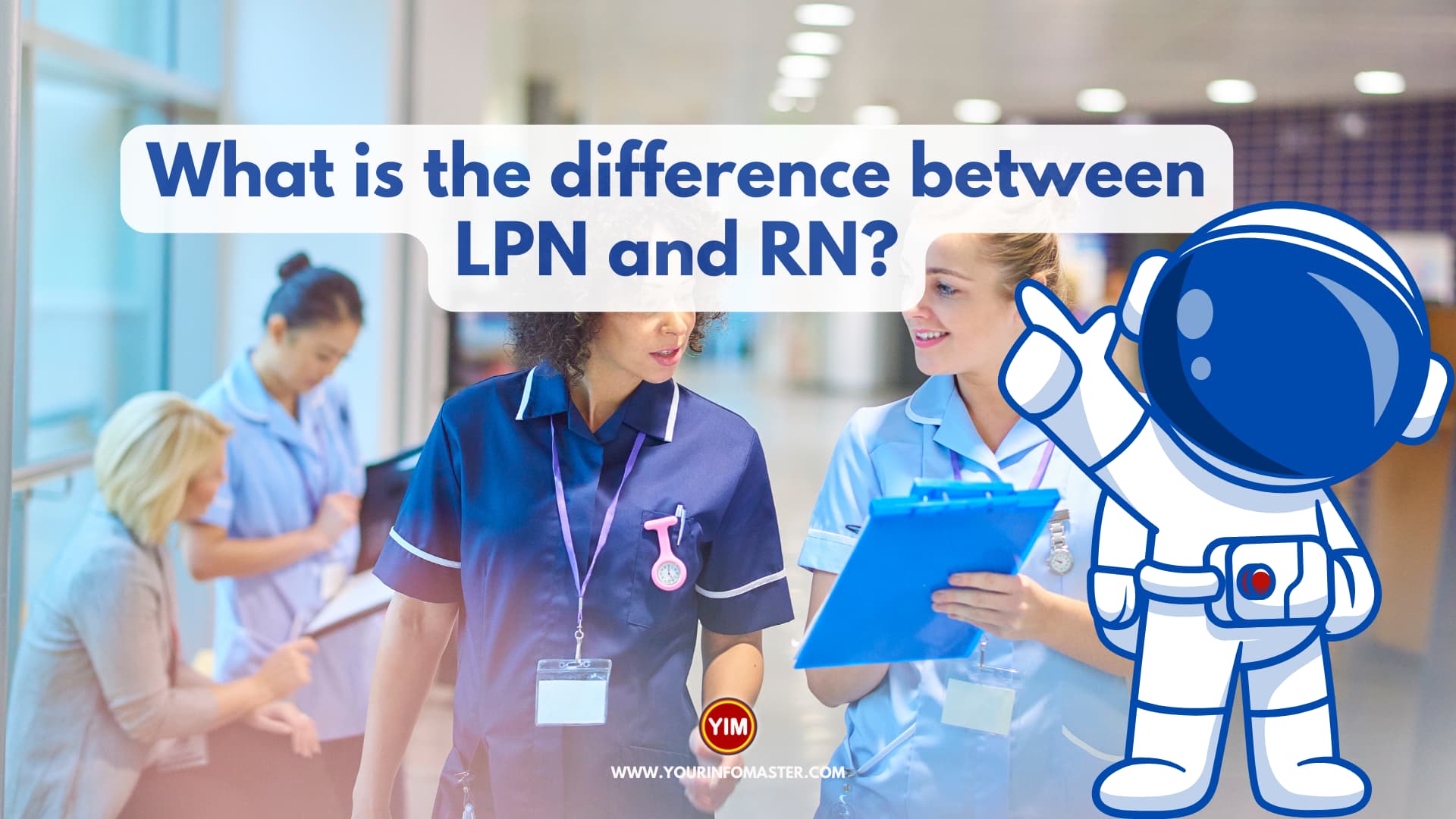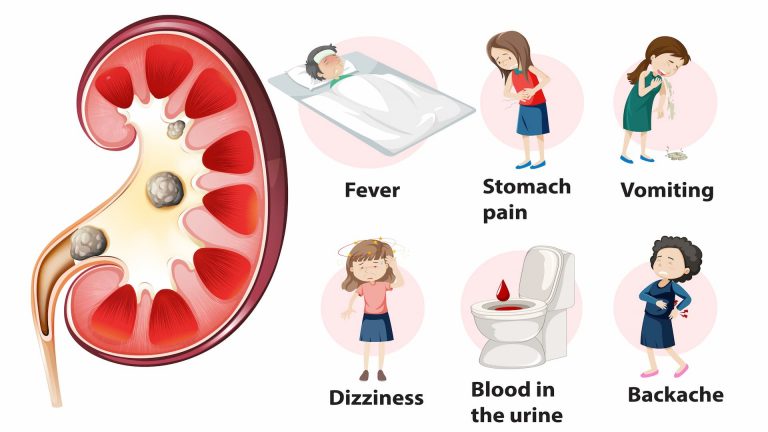I am going to explain the blog post “What is the difference between LPN and RN?“
If you are considering a career in nursing, you may be wondering what the difference is between an LPN and an RN. While both are licensed nurses and work in similar healthcare settings, there are some key differences in their education, responsibilities, and career opportunities. In this blog post, we will discuss the difference between LPN and RN and help you understand which path is best for you.
Check also: 4K Islamic Wallpaper Android App
10 Differences between LPN and RN
LPN stands for Licensed Practical Nurse, while RN stands for Registered Nurse. Both types of nurses provide direct patient care, but there are some important differences between the two.
Here is a list of 10 differences between LPN and RN:
- Education and training
- Scope of practice
- Clinical responsibilities
- Decision-making authority
- Supervision requirements
- Job opportunities
- Salary and benefits
- Continuing education requirements
- Advancement opportunities
- Professional organizations
Check also: What is the difference between iPad and iPad air?
Detail of 10 Differences between LPN and RN
Here is the detail of 10 differences between LPN and RN:
- Education and training: LPNs typically complete a one-year nursing program, while RNs typically complete a two- or four-year nursing program. RNs also need to pass the NCLEX-RN exam to become licensed, while LPNs need to pass the NCLEX-PN exam.
- Scope of practice: LPNs have a more limited scope of practice than RNs. LPNs can provide basic patient care, such as taking vital signs, administering medication, and changing dressings. RNs can perform more advanced procedures, such as starting IVs, giving injections, and providing patient education.
- Clinical responsibilities: RNs typically have more clinical responsibilities than LPNs. RNs may be responsible for supervising LPNs and other healthcare staff, coordinating patient care, and developing care plans.
- Decision-making authority: RNs have more decision-making authority than LPNs. RNs are often responsible for making decisions about patient care, while LPNs typically follow established care plans.
- Supervision requirements: LPNs are often supervised by RNs or other healthcare professionals. RNs may have some supervisory responsibilities, but they typically have more autonomy in their work.
- Job opportunities: RNs have more job opportunities than LPNs. RNs can work in a variety of healthcare settings, including hospitals, clinics, and long-term care facilities. LPNs are more likely to work in long-term care or outpatient settings.
- Salary and benefits: RNs generally earn more than LPNs and may have better benefits, such as health insurance, retirement plans, and paid time off.
- Continuing education requirements: Both LPNs and RNs are required to complete continuing education courses to maintain their licensure. RNs may have more continuing education requirements than LPNs, depending on their state of practice.
- Advancement opportunities: RNs have more advancement opportunities than LPNs. RNs can pursue advanced degrees, such as a Bachelor of Science in Nursing (BSN) or a Master of Science in Nursing (MSN), which can lead to higher-paying and more specialized roles.
- Professional organizations: Both LPNs and RNs can join professional organizations, such as the National Association of Licensed Practical Nurses (NALPN) or the American Nurses Association (ANA). These organizations provide networking opportunities, educational resources, and advocacy for nurses.
Check also: What’s the difference between vitamin d and vitamin d3?
Conclusion
In conclusion, the difference between LPN and RN is primarily in their education, scope of practice, clinical responsibilities, and career opportunities.
If you are interested in a career in nursing and enjoy providing direct patient care, LPN may be a good option for you. However, if you are interested in more advanced nursing roles and want to have more decision-making authority, RN may be the better choice. Ultimately, the decision between LPN and RN will depend on your personal preferences, career goals, and educational background.
Both LPNs and RNs play an important role in providing high-quality patient care and are valued members of the healthcare team. Whatever path you choose, nursing is a rewarding and fulfilling career that offers opportunities for growth, advancement, and making a difference in the lives of others. It is important to research and understand the differences between LPN and RN before making a decision on which path to take.
With the right education, training, and experience, you can have a long and successful career in nursing, making a positive impact on the lives of countless patients and their families.
See also: What is the difference between Tylenol and Tylenol arthritis?
If you really enjoyed the article “What is the difference between LPN and RN?,” then I would be very grateful if you’d help it spread by emailing it to your friends or sharing it on Twitter, Instagram, or Facebook. Thank you!
Have you read “What is the difference between LPN and RN?“ Which of these blogs are you reading, and how is it similar to one of them?







